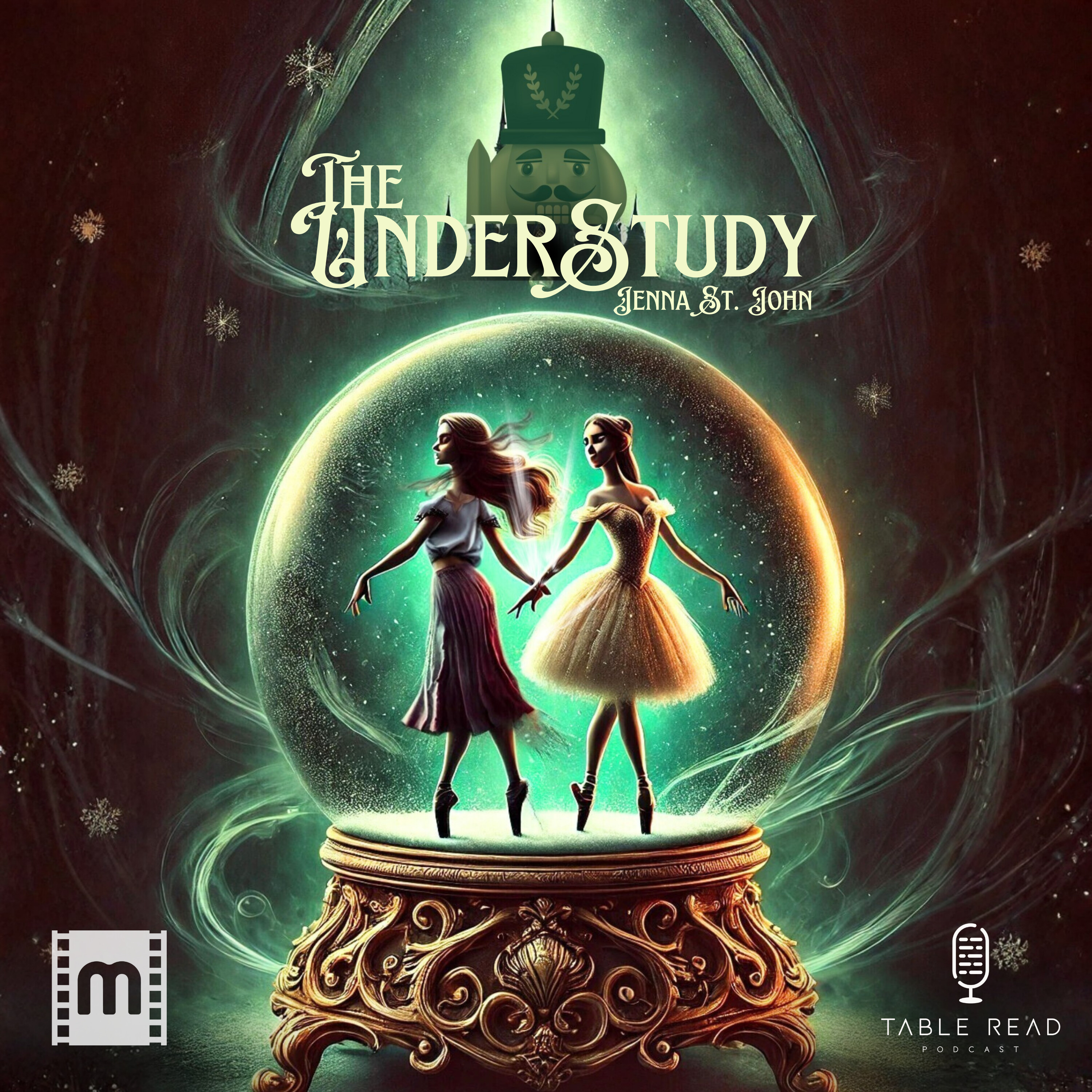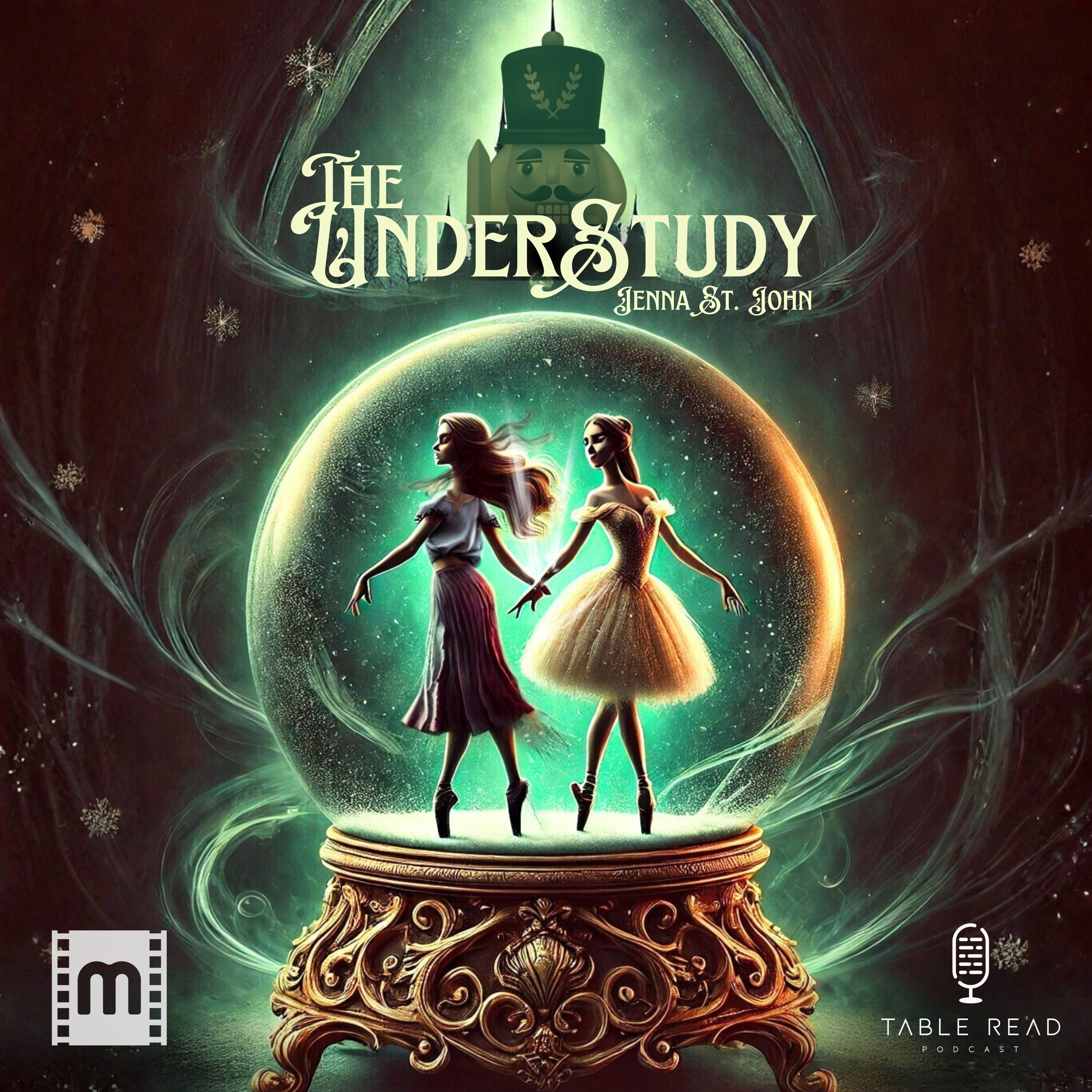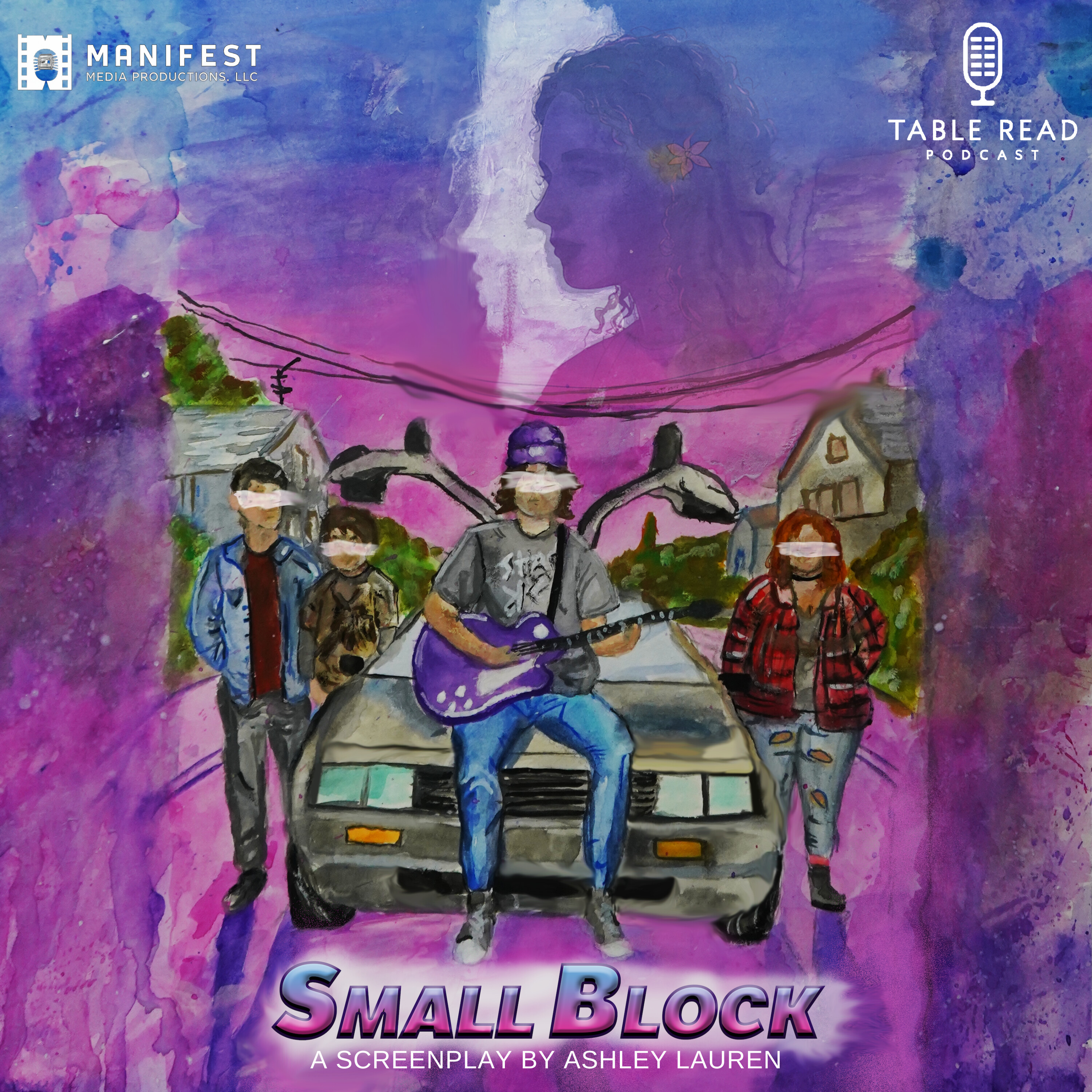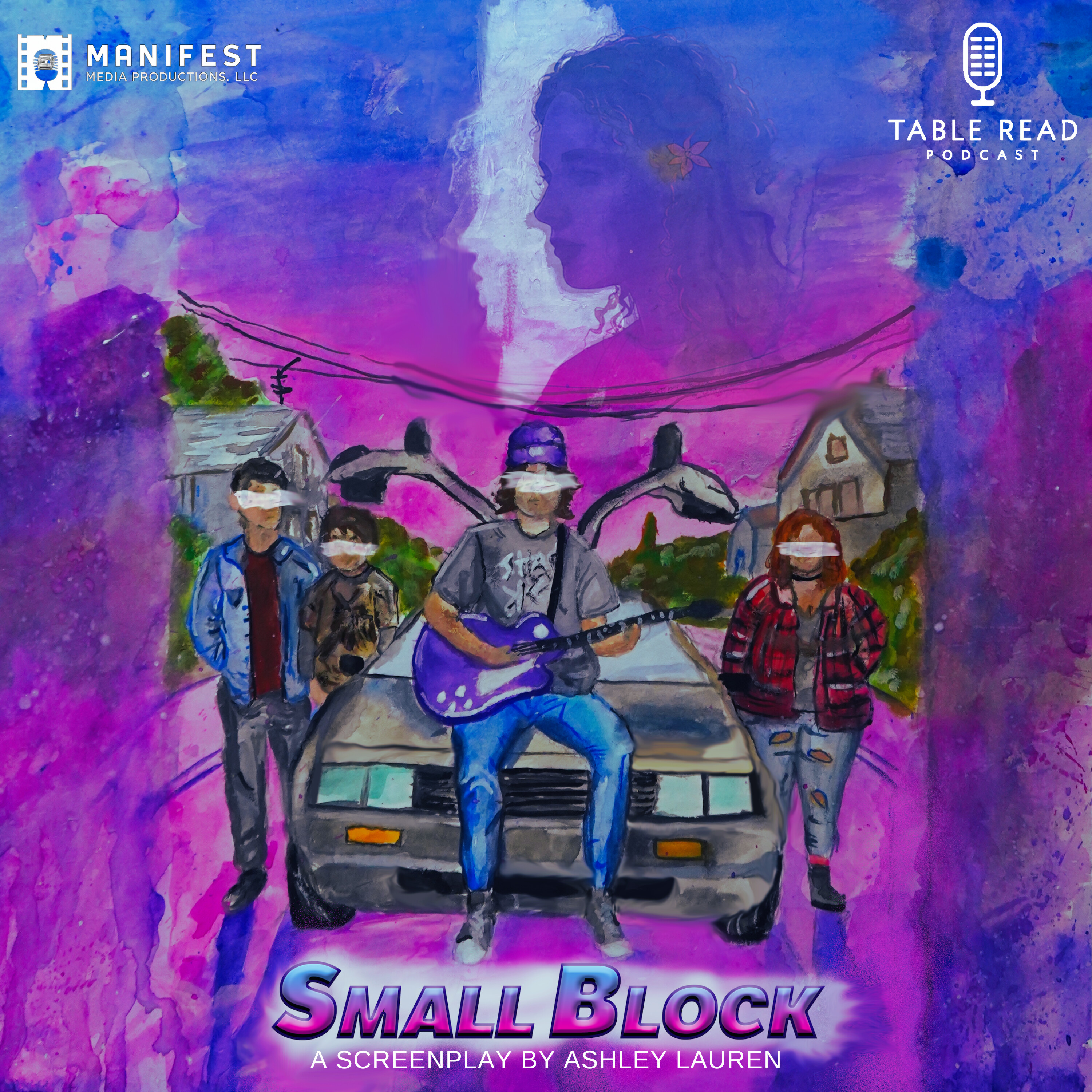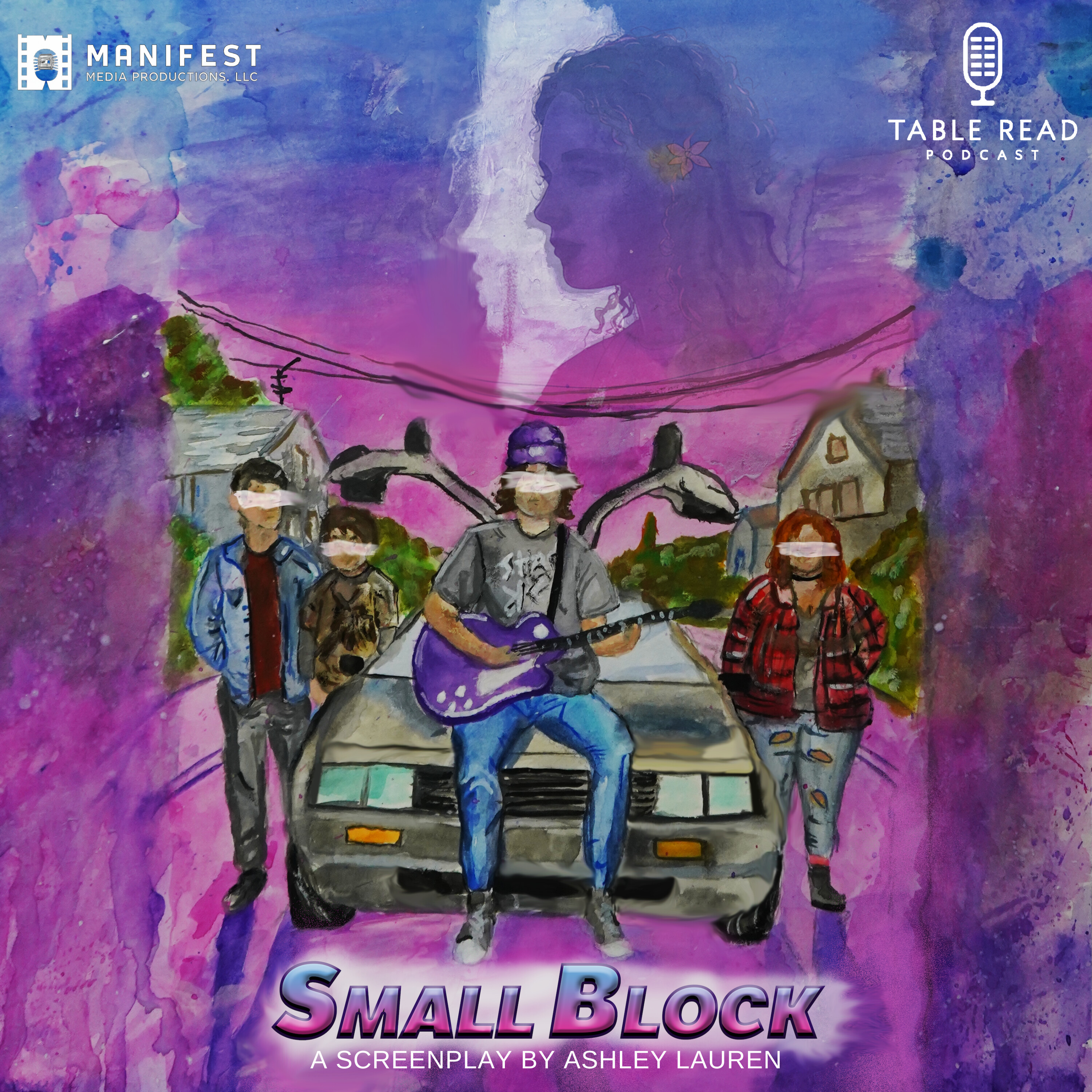AFTER SHOW - The Jew Who Saved Christmas
"Table Read Podcast - The Jew Who Saved Christmas Aftershow"
In this spirited aftershow, Team S&M—Selena Warren and Marissa Reed—sit down to unpack the hilarious and heartfelt journey behind The Jew Who Saved Christmas. From crafting the ultimate holiday hybrid story to juggling CGI elves and wild budget dreams, the duo delves into the creative highs and chaotic moments that brought their script to life. They share their unique writing process, the joy of table reads, and the challenges of making their voices heard in a shifting entertainment landscape. Equal parts insightful and irreverent, this episode is a festive deep dive into storytelling, creativity, and what it takes to make a holiday classic that’s anything but traditional.
The Jew Who Saved Christmas
When Bernie Gold, a sarcastic, weed-toting Spirit Airlines agent, accidentally doses Santa Claus with a magical edible, she finds herself on a chaotic, high-flying quest to save Christmas—or risk becoming history’s most hated Jew. Packed with razor-sharp wit, irreverent humor, and surprisingly heartfelt moments, The Jew Who Saved Christmas is a fast-paced holiday comedy that blends absurd mishaps with touching lessons about family, identity, and the power of embracing the unexpected. It’s the ultimate Christmas-Hanukkah hybrid that will leave you laughing, cringing, and maybe even tearing up.
Press play and read along
Transcript
Transcript is processing—check back soon.

